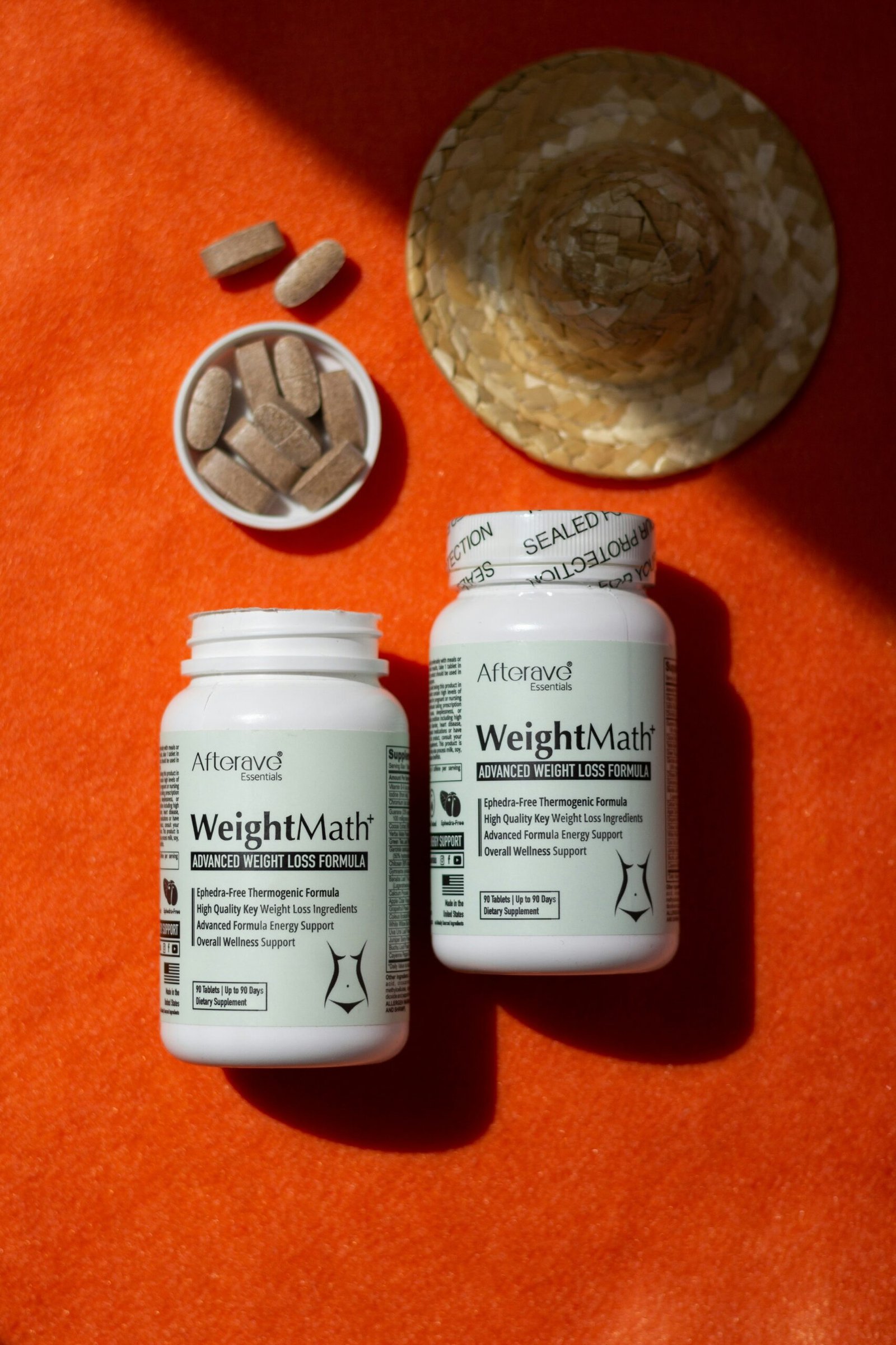Introduction to Vitamins and Their Importance
Vitamins play a crucial role in our overall health and wellness. These essential nutrients are not just tiny molecules; they’re powerful allies in maintaining our body’s functions, boosting immunity, and keeping our skin radiant. With so many vitamins available, it can be challenging to know which ones are truly essential for your body’s needs.
In this guide, we’ll explore the top essential vitamins that can enhance your well-being. Whether you’re looking to support your immune system or improve bone health, understanding these vital nutrients is key to a balanced diet. Let’s dive into the world of vitamins and discover how they contribute to a healthier you!
Vitamin A: Benefits, Sources, and Recommended Intake
Vitamin A plays a crucial role in maintaining good vision and promoting healthy skin. This powerful nutrient is essential for the proper functioning of our immune system, helping to fend off infections.
You can find vitamin A in two primary forms: preformed vitamin A (found in animal products) and provitamin A carotenoids (found in plant-based foods). Sources include liver, fish, dairy products, carrots, sweet potatoes, and dark leafy greens.
Recommended intake varies by age and gender. Adult men typically need about 900 micrograms per day, while women require around 700 micrograms. It’s important not to exceed these amounts through supplements without professional guidance since excessive intake can lead to toxicity.
Incorporating a variety of colorful fruits and vegetables into your diet ensures you get an adequate supply of this vital nutrient while also enjoying delicious meals.
Vitamin B: Types, Functions, and Food Sources
Vitamin B comprises a group of eight essential vitamins, each playing unique roles in the body. These include B1 (thiamine), B2 (riboflavin), B3 (niacin), B5 (pantothenic acid), B6 (pyridoxine), B7 (biotin), B9 (folate), and B12 (cobalamin).
These vitamins are crucial for energy production, brain function, and cell metabolism. They help convert food into energy and support the nervous system.
Food sources rich in Vitamin B are diverse. Whole grains, legumes, nuts, seeds, leafy greens, dairy products, eggs, fish, meat—especially organ meats—are all excellent options to meet your daily needs.
Including these foods in your diet can enhance overall health and wellbeing. Balancing different types of Vitamin Bs ensures that your body functions optimally.
Vitamin C: Immune System Booster and Antioxidant
Vitamin C is a powerhouse when it comes to supporting your immune system. This essential vitamin plays a crucial role in the growth and repair of tissues throughout the body.
As an antioxidant, Vitamin C helps combat free radicals, which can lead to chronic diseases and aging. By neutralizing these harmful molecules, it protects cells from damage.
Food sources rich in Vitamin C include citrus fruits like oranges and lemons, strawberries, bell peppers, and broccoli. Incorporating these into your diet can provide a tasty boost to your health.
Additionally, adequate intake may reduce the duration of colds and other infections. It’s not just about prevention; it’s about recovery too! Many people turn to supplements during flu season for that extra layer of defense against illness.
Vitamin D: The Sunshine Vitamin for Strong Bones
Vitamin D, often called the sunshine vitamin, plays a crucial role in maintaining strong bones. This nutrient helps your body absorb calcium, an essential mineral for bone health. Without sufficient vitamin D, bones can become brittle and prone to fractures.
Sunlight is a natural source of this vital vitamin. Just 10 to 30 minutes of sunlight exposure several times a week can significantly boost your levels. However, factors like skin type and geographic location can affect synthesis.
Diet also provides options for those who may not get enough sun. Fatty fish such as salmon and mackerel are excellent sources. Fortified foods like milk or cereal further support intake.
For individuals at risk of deficiency—especially older adults—supplements might be necessary to ensure optimal levels are maintained throughout the year. Embracing both dietary sources and sunlight will help keep you vibrant and active.
Vitamin E: Skin Health and Anti-Inflammatory Properties
Vitamin E is often hailed as a powerhouse for skin health. This essential vitamin acts as a potent antioxidant, combating free radicals that can lead to premature aging. Its ability to protect cell membranes helps maintain skin elasticity and hydration.
Beyond its beauty benefits, Vitamin E also boasts impressive anti-inflammatory properties. It aids in soothing irritated skin, making it valuable for those with conditions like eczema or psoriasis. Regular application of Vitamin E oil can promote healing and reduce redness.
You can find this vitamin in various foods such as nuts, seeds, and leafy greens. Incorporating these into your diet not only enhances your overall wellness but supports vibrant skin too. For topical applications, many skincare products contain Vitamin E to harness its protective effects effectively.
Remember that while it’s beneficial for the skin, moderation is key when considering supplementation or topical use.
Conclusion: Importance of a Balanced Diet and Consultation with a Healthcare Professional
Maintaining a healthy lifestyle involves more than just taking supplements. A balanced diet rich in essential vitamins is crucial for overall health and wellness. Each vitamin plays a unique role, from supporting your immune system to promoting healthy skin.
To ensure you’re getting the right nutrients, focus on incorporating a variety of fruits, vegetables, whole grains, lean proteins, and healthy fats into your meals. This diversity helps you obtain not only essential vitamins but also other important minerals and antioxidants.
Moreover, everyone’s nutritional needs are different. Factors such as age, gender, activity level, and existing health conditions can affect what you need. Consulting with a healthcare professional can provide personalized recommendations tailored to your individual circumstances. They can help identify any deficiencies or excesses in your diet that may impact your well-being.
Prioritizing nutrition through food sources while staying informed about necessary supplements is key to achieving optimal health.





